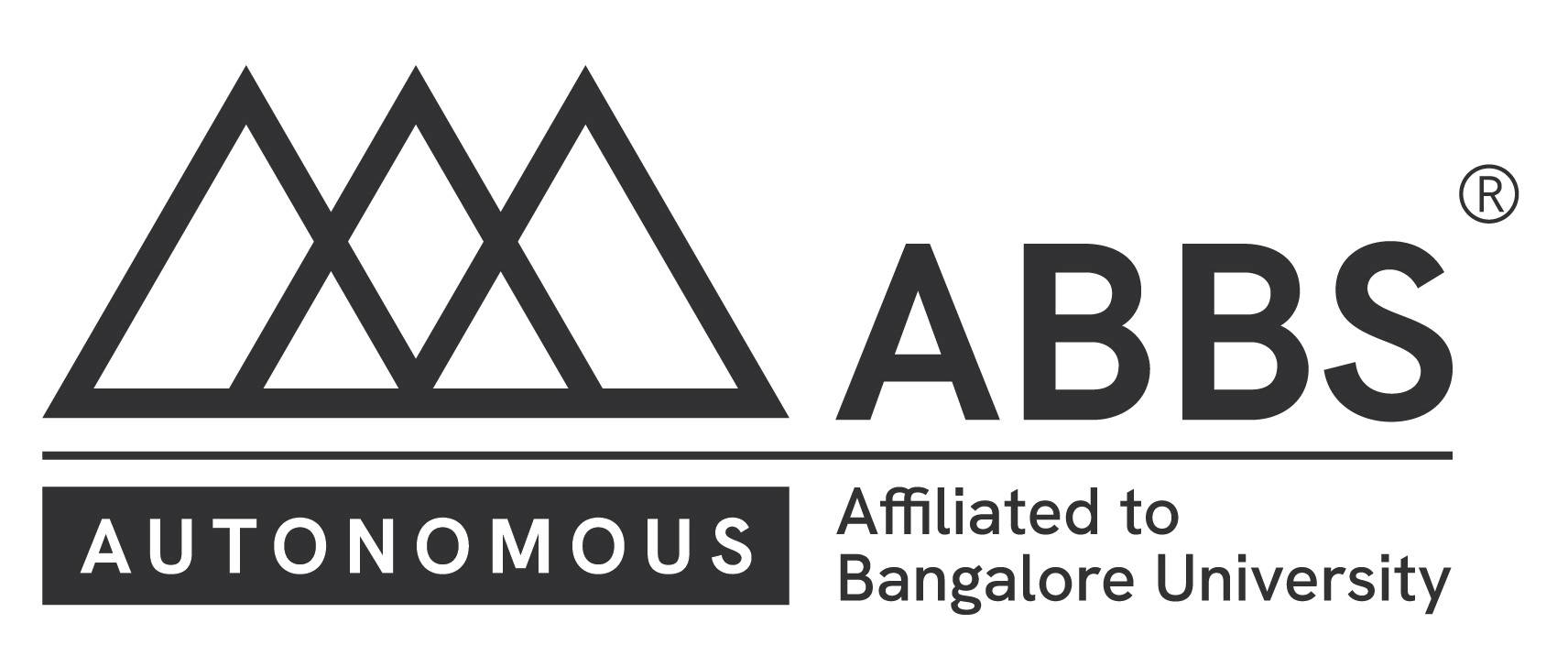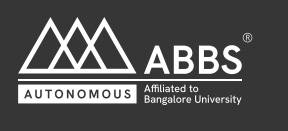B.COM – Logistics and Supply Chain Management
Pedagogy
Pedagogy for B. Com Logistics & Supply Chain Management (L&SCM) involves a strategic approach to teaching and learning that combines theoretical knowledge with practical applications. The curriculum is designed to provide students with a comprehensive understanding of logistics and supply chain management concepts, principles, and practices.
Program Overview
This comprehensive program is designed to equip students with the knowledge and skills necessary to excel in the dynamic field of logistics and supply chain management. The curriculum covers diversified modules, providing an in-depth exploration of logistics functions and their application to supply management. Students will learn to solve problems in product management, marketing, analytics, customer care, inventory management, operations, and supply chain, among others.
Throughout the course, students gain a broader perspective on the supply chain and logistics industry through practical exposure and guidance from experienced faculty members. Upon completion, students will be well-prepared to apply their knowledge in both national and global logistics and supply chain management sectors across various industries.
Eligibility
Any student who has passed PUC/10+2/Pre-University equivalent courses in Science, Arts or Commerce securing a minimum of 35% of marks is eligible
Program Highlights
- Specialized Logistics and Supply Chain Curriculum: The course delves into specialized topics related to logistics and supply chain management, including inventory management, transportation, distribution, procurement, and demand forecasting.
- Industry-Relevant Skills: Emphasis on developing practical skills essential for the industry, such as problem-solving, decision-making, critical thinking, and effective communication.
- Technological Integration: Integration of technology in logistics processes, with a focus on the use of information systems, data analytics, and emerging technologies to optimize supply chain operations.
- Practical Training: Internships, industry projects, and case studies are often integral components of the curriculum, providing students with hands-on experience and exposure to real-world challenges.
- Industry Collaboration: Collaboration with industry partners, guest lectures from professionals, and field visits to logistics and supply chain facilities to bridge the gap between academic learning and industry requirements.
The Curriculum:
The curriculum for a Bachelor of Commerce (B.Com) in Logistics and Supply Chain Management is designed to provide students with a strong foundation in general business principles while offering specialized courses focused on the intricacies of logistics and supply chain operations.
The curriculum is drafted in such a way that students gain in- depth knowledge on trade, research, technology and also other areas related to general logistics and supply chain management
The curriculum for Bachelor of Commerce (B.Com) in Logistics and Supply Chain Management is focused on:
AECC : Ability Enhancement Compulsory Course
DSC : Discipline Specific Core (Course)
SEC-SB/VB : Skill Enhancement Course-Skill Based/Value Based
OEC : Open Elective Course
DSE : Discipline Specific Elective
SEE : Semester End Examination
CIE : Continuous Internal Evaluation
(Which includes L+T+P: Lecture + Tutorial + Practical).
Skill-Based Courses
The department offers exclusive skill-based courses designed to develop students’ analytical thinking, reasoning, and other essential skills. These courses include certificate programs that enhance students’ knowledge and skills in supply chain and logistics management. Some of the certificate courses offered by the department are:
- Certification course in Integrated Transport and Shipping Business
- Certification course in International Logistics and Shipping Management
- Soft Skill Training
- Placement Training
Industry visits
The department organises industrial visits to give students real insights into workstations, machines, systems, and technologies. These visits also provide students with the opportunity to interact with professionals, learn from their experiences, and gain valuable inputs.

ABBS BCom Logistics students gain practical exposure to logistics operations and supply chain technology.
Guest lectures
The Department organises guest lectures on topics related to logistics and supply chain management, featuring eminent speakers with distinguished professional and academic backgrounds. These lectures provide students with valuable insights into various industries and their functions. Additionally, the Department ensures that the topics selected for discussion are of high relevance and demand in the market.







